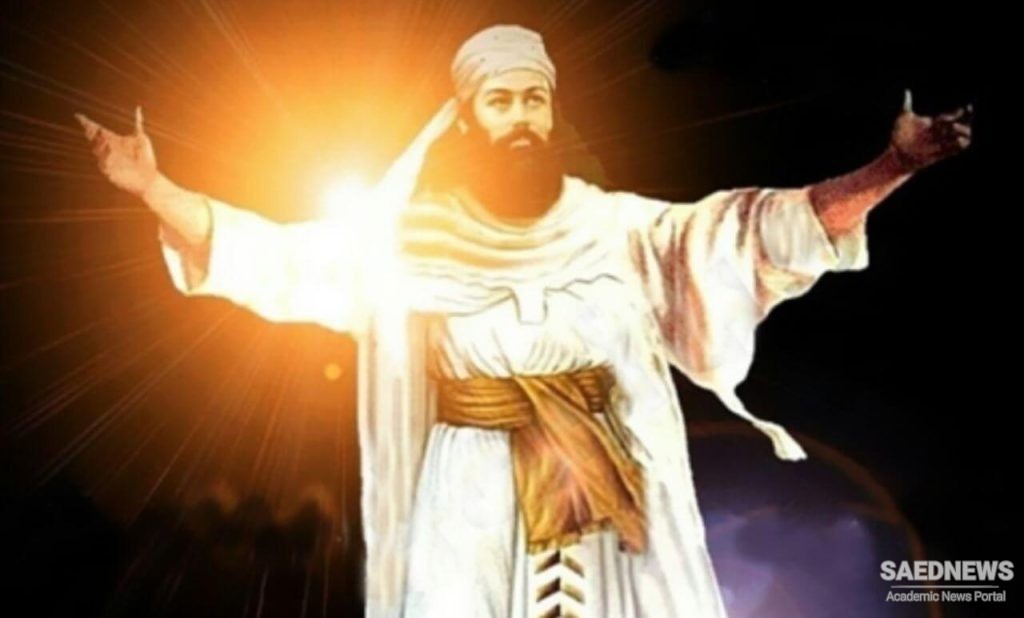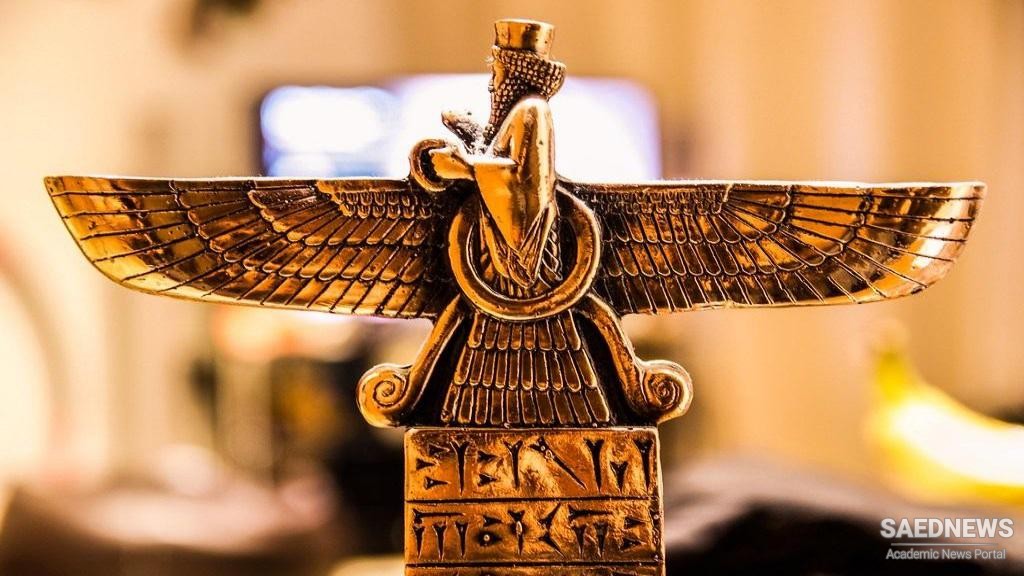The Gathic inflexions are more primitive than the Vedic. The period of the position of the Gathas, therefore, cannot be separated from the Vedas by any considerable distance of time. Zarathushtra's place of birth is of equal uncertainty. His earliest appearance in the Gathas is at the period of his life when he has left his pupilage behind. He has evidently learnt all he could from what the teachers of his days could give him. He has conversed with the wise men of his country. He has often visited the central places where trade routes from distant lands converged and has gathered information and experience from the worldly-wise travellers, merchants, and pilgrims.
But the more he has learnt, the more eager his desire to learn further has grown. His teachers had instructed him in knowledge based on tradition. But tradition is stagnant, and knowledge is ever on the onward move. Besides, tradition is wedded to the time that is dead, and knowledge looks to the time to be born without end. Moreover, tradition demands its instruction to be taken on trust, and knowledge is based on inquiry and discussion. Reason is shadowed by doubt and doubt is the parent of knowledge. Zarathushtra, a paragon of reason, doubts the wisdom of his teachers.

Zarathushtra resolves to be his own teacher, and to learn by observation and thinking. He thinks and thinks deeply and comprehensively on the conditions prevailing around him. He considers that life is not woven of the tissues of joy and happiness alone, but of considerable sorrow and misery also. Injustice and inequity, strife and oppression, poverty and destitution, greed and avarice, wrath and rapine, falsehood and deceit, envy and malice, hatred and jealousy, crime and vice, sorrow and suffering, filth and disease confront him everywhere. He is keenly responsive to human sufferings and the groans and sighs of the agonized hearts. The misery of the multitude touches his heart. His flesh creeps, his heart is heavily oppressed, and his spirit is depressed at the sight of this dark side of human life. He suffers at the sight of suffering and, with eyes suffused with tears, he lives from day unto day thinking and brooding over the woes of the world. Zarathushtra doubts the goodness of gods.


 Silver Rings of Spirituality
Silver Rings of Spirituality














































